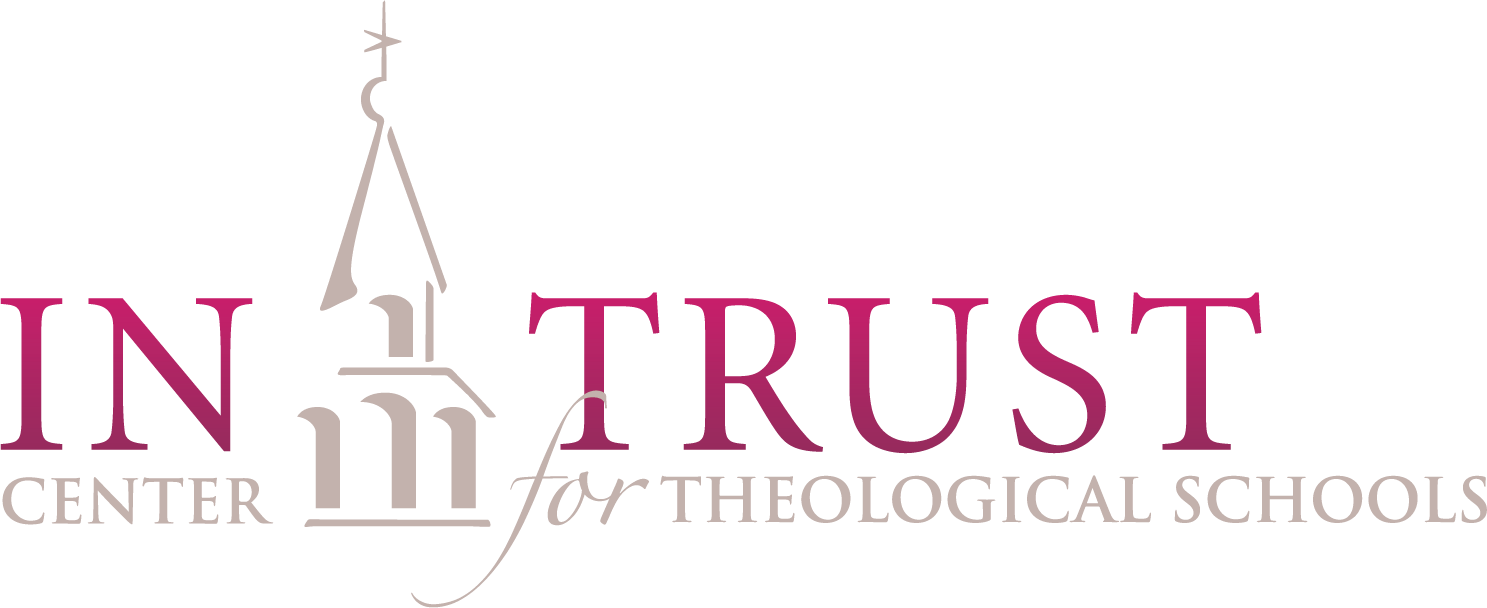Update: Kurt T. Dirks is the vice chancellor of international relations and Bank of America Professor of Leadership at the Olin Business School of Washington University in St. Louis.
Whether the setting is a basketball team, a business or a religious organization, trust is at the core of successful leadership, said Kurt T. Dirks. Dirks studies the relationship between trust, leader effectiveness and organizational success. His findings highlight the differences in accomplishments between teams with varying levels of trust in a leader’s competency, character and caring.
Dirks said his studies across a variety of types of teams and organizations indicate that it is critical that leaders acquire awareness of how they are viewed by their people, establish individualized ways of demonstrating trustworthy qualities and confront mistakes head-on. In the face of a transgression, Dirks said, silence is the worst strategy.
Dirks is the Bank of America Professor of Managerial Leadership at Washington University in St. Louis at the Olin Business School, where he also directs the Taylor Experimental Laboratory. His doctoral degree was earned at the University of Minnesota.
Dirks has been a presenter at the New Directions in Leadership Research Conference at The Fuqua/Coach K Center on Leadership & Ethics at Duke University. He spoke with Faith & Leadership about the results of his research. The following is an edited transcript.
Q: My first question is, Why and how do you study trust in leadership?
Leadership is getting other individuals to work toward a common goal. That’s very hard to do if people don’t trust their leader. Followers start diverting energy toward their personal goals, such as, “How can I protect myself in this situation?”
Trust is at the core of successful leadership.
Q: You studied college basketball coaches to examine the importance of trust in leadership. What did you find?
The study was designed to provide a rigorous test of the notion that being able to trust your leader would impact the performance of the team. The setting I chose was college basketball teams. The study included 30 NCAA men’s basketball teams in 12 conferences in Midwestern and Western states.
After the basketball preseason was over, I sent out surveys to teams’ coaches. The surveys used a standard measure of trust in a leader. And team members filled out the survey asking, Do you trust your leader? Do you trust your teammates? I wanted to see if that predicts how that team performs across the season, taking into account other factors.
Let’s see how the team does in the preseason, how long has the team been together, how long has the coach coached -- all the things that you could imagine throwing in there we tried to take into account. After taking all those factors into account, the bottom line was that trust accounted for about 7 percent of the variance in performance across the season; the only other factor that predicted as much of the variance in performance was talent of the team.
Q: So a higher level of trust was correlated to a higher number of wins?
That’s exactly right. You look across those teams and the team that had the highest trust in their leader ended up being the No. 1 team by the end of the season. The team with the lowest won about 10 percent of the games, and the coach ended up being fired at the end of the year.
Interestingly, the person who was the top coach happened to be your archrival, [then-University of Kansas coach] Roy Williams.
Q: Could the study also show causality?
I tried to take into account the factors that would account for that correlation. The hypothesis was partially that how the team did last year would predict whether those teams trusted their coach this year, which in turn would predict future performance. It can’t conclusively prove causation, but it comes as close as we can with social science while studying real teams.
Q: In general, what do people look for in deciding whether or not to trust their leaders?
The first thing people tend to look for is what we call competence. Does that leader have the skills and abilities to solve whatever we face as an organization?
The second factor that we look for is character: Does the leader have strong values? Do they do what they say they’re going to do; are they fully truthful when they’re talking to me? Those are attributes that person brings to the table.
The third factor that comes into play is caring. Does the leader care about me personally? Is this someone who takes my interests into account beyond what I can do for them? You have to take all three of those factors into account in building trust in a leader.
Q: Are there concrete ways a leader can build trust in these three factors?
A colleague and I looked across all the research that has been done on leadership over the last four decades and said, “What are the top five drivers of trust in leaders?” I’ll work backwards: No. 5 was an alignment between leaders’ goals and my goals. Are our goals aligned? Are we working in the same direction on the important parts?
The fourth thing was alignment of words and actions. When that leader says something, do their actions correspond to that?
One of the last three things is the allocation of the outcomes. Do I get what I deserve, whether that’s pay or recognition? Is what I’m putting in recognized appropriately?
No. 2 was whether I get to participate in the decision-making process.
The most powerful one of all was, When decisions are implemented, how am I treated? Am I treated with respect?
Q: Would the results of your study apply to various settings of leadership, for instance, in churches as well as businesses?
If I’m working for an individual as opposed to being a parishioner in a church, that may be a different type of relationship. But the alignment between words and actions matters across pretty much every type of organization. How people are treated when decisions are made matters a tremendous amount in almost any type of organization.
Q: Does the trust issue play differently in a setting of economic or organizational uncertainty, which many churches are experiencing?
In that situation, where people are particularly concerned about their own welfare, worried about how it’s going to affect them personally, trust becomes even more critical.
We go back to the basketball team study: one of the analyses I’ve done is to look at teams that were struggling versus those which seemed to be doing quite well. In those teams that were struggling, the relationship between trust and performance was stronger.
As one coach put it, when things are going well, no one is worried about how team members are getting along. It’s when the group or organization is doing poorly, the finger pointing starts and people question each other’s motives and worry about their own welfare. That’s when trust becomes particularly crucial.
Q: You conducted another study about the effects of apology versus denial in regaining trust, and suggest that that trust is easier to earn initially then to regain once it has been violated.
People have a difficult time forgetting about violations of trust. One of our graduate students and I looked at the question of, If a violation occurs, are people able to forget that violation?
We made an allegation that a violation occurred with a job candidate that we had made up. It was an experimental setting, so we were able to do this. Then we told people that it was actually false, this violation never occurred; then looked at some data on whether people were able to forget that information. The data suggested that people were not able to set that information aside; when they made decisions about that candidate, that information lingered in people’s minds.
Q: Is an apology or a denial more effective in situations where leaders have violated a trust?
In research and what we observed happening in real life, there was evidence that when a transgression would occur, some people would apologize and believe that was the best strategy. There are other cases where people said when transgression occurs you should try to deny it. We tried to sort out -- is there one that’s better than the other, and why?
If we go back to those three factors of what people look for in a leader, there’s an important difference between attributions related to competence versus attributions related to character.
People see positive displays of competence as much more diagnostic than negative displays. Having a stellar performance one day and a subpar performance another day, the stellar performance outweighs people’s judgments about competence more than the subpar days.
[It’s] exactly the opposite when it comes to character. When someone has a stellar day and another day they do something that appears to be the wrong thing, the immoral thing, it’s that negative display, that perception of immoral action, which outweighs anything they’ve done in the past.
We tested that in several experiments, both here and in Singapore, and found that when people are perceived to have committed a violation of competence, the apology worked very well because people tended to give that person the benefit of the doubt -- they’ll do better next time. Competence is something I can fix and address; therefore, I’m given that second chance.
When that person was believed to have committed an immoral act, the apology had a negative outcome. When people admitted that they had engaged in this immoral act and said, “I’m going to do better in the future,” people tended not to believe them. It was a notion that character is something that you have or you don’t; you can’t fix it.
Q: If you are a leader reading this who may be in that position, does telling the truth about whether you actually did the thing play any role in restoring trust?
Definitely. Certainly; for example, if a leader tried to cover it up and the people found out that they actually did the behavior and tried to deny it, they were penalized for that in our studies, but no more than they would’ve been penalized if they initially apologized.
Q: One might come to the depressing conclusion from your research that it pays to lie if you get caught doing something wrong. Would you recommend that?
Definitely not. We certainly would want people to do the right thing, which is to tell the truth, because there’s more to a situation than what’s going to rebuild that trust.
The thing to keep in mind is that some people will view many of these as competence violations that are unintentional, but a whole different set of people may conclude it’s an integrity violation.
An important thing [for the leader] is making clear that this was an unintentional act and providing the evidence framing it as an unintentional violation, assuming it was.
Q: That’s an unintended mistake versus a willful kind of moral transgression?
That’s exactly right. Making sure it’s framed very clearly and known to be the case that this was not a willful immoral action, because most situations are quite gray as to what it was, and it’s best to address that.
Q: Based on your research, how would you recommend that people in leadership positions address building and retaining trust?
First, know where you stand with your people. Self-awareness is critical and can be a very difficult thing to have.
Let me go back to the basketball study. I sent feedback to all the teams that participated: here’s where you stood as a team and your coach stood, and here’s where it is relative to every other team.
After I sent the feedback out, I got a very interesting call from a coach who was a successful coach throughout his entire career; the question he asked me was, “Why don’t they trust me completely?” Here’s a guy who is trying to do the right thing, wants to believe his team trusted him completely; that actually wasn’t the case.
Everyone wants to be trusted, but it’s rarely the case that leaders are where they would like to be.
Two, recognizing what’s the appropriate balance for you showing that character, that competence and that caring. How can you show that your own way? Everyone will do it differently, but it’s important that every leader find a way to establish those three attributes.
The final thing is recognizing that every leader is going to make mistakes; trust is going to ebb and flow. Recognizing in the long term that they need to take it on -- situations when they do something their people don’t like, unintentional mistakes or whatever -- to be able to take that head-on. Failing to take it head-on, our work would suggest, is the worst strategy. Of all the responses -- apologizing and denying or any of that -- silence is certainly the worst strategy.








